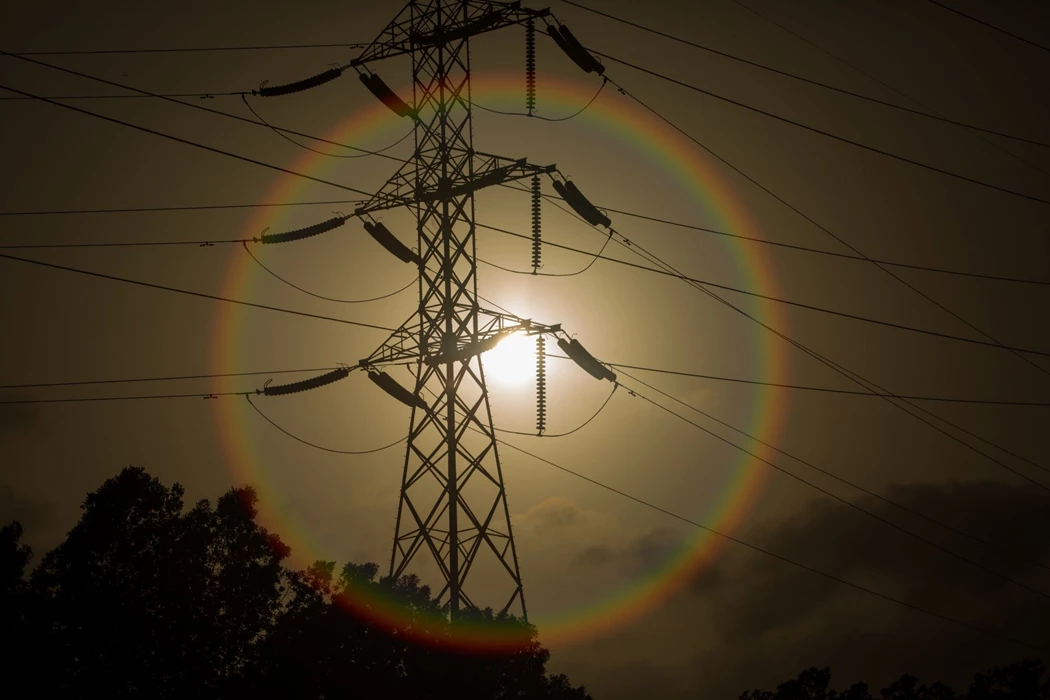Pakistan to Raise Power Prices in Key Move to Secure IMF Loan
(Bloomberg) -- Pakistan is raising power prices by an average 20% to bolster its chances of securing a new loan from the International Monetary Fund.
The National Electric Power Regulatory Authority will increase the power tariff by an average 5.72 rupees to 35.50 rupees per kilowatt-hour for Pakistan’s 10 power distribution companies for the next fiscal year starting from July 1, authority spokesman Sajid Akram said by phone on Saturday.
Pakistan cut power tariffs for industries on Friday to help make exports competitive. Prime Minister Shehbaz Sharif’s government raised taxes in its budget last week to boost revenue as it engages in talks with the IMF for more emergency funding.
The nation expects to secure a staff-level deal for a program that will last minimum three years by July, according to Finance Minister Muhammad Aurangzeb.
“The power tariff hike is critical for securing the IMF program as it is a key part of stalling the ongoing rise in debt across the energy sector,” said Uzair Younus, a principal at The Asia Group’s South Asia Practice.
The arrangement is part of a multiyear tariff regime, and any change will be applicable after the regulator decides on the government’s requests for a uniformed tariff for the state-owned power distribution companies and K-Electric.
©2024 Bloomberg L.P.
KEEPING THE ENERGY INDUSTRY CONNECTED
Subscribe to our newsletter and get the best of Energy Connects directly to your inbox each week.
By subscribing, you agree to the processing of your personal data by dmg events as described in the Privacy Policy.
More utilities news

Canada to End 30% Stake Limit to Boost Pension Fund Investment

Turkey’s Aydem Group Plans 2025 IPOs for Power Grid Operators

Germany’s Record-Beating Stocks Head for Further Gains in 2025

Equinor takes FID on UK’s first carbon capture projects at Teesside

BMW, Mercedes Add New Executives as Carmakers Tackle Crisis

Thames Water CEO Steers Away From Break Up After Covalis Bid

Germany Expecting Tight Power Conditions as Wind Output Falls

Nuclear Power Not Cost-Effective in Australia, Science Body Says

Vancouver Mayor Proposes Using Bitcoin in City Finances
















